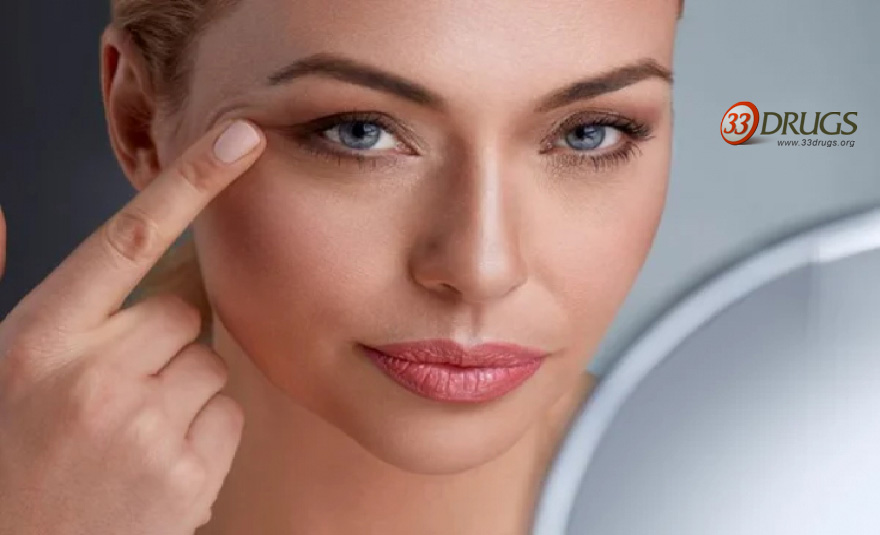The complex and intricate process of skin aging is influenced by two primary aging mechanisms that work in tandem. These are internal or constitutional aging and external aging, which are subject to various controllable and uncontrollable factors, respectively. Internal or constitutional aging, which is inherent to each individual, is genetically predetermined and happens gradually, while external aging results from external stimuli and is characterized by premature skin aging. Skin aging is typified by several signs, including a decrease in the renewal of epidermal cells with age, thinning of the epidermis, and thickening of the stratum corneum comprising dead cells. Consequently, these changes manifest in dehydrated skin with enlarged pores and pigmentation disorders. The dermis, which comprises collagen and elastic fibers, also experiences aging-related signs such as changes in the fibers that reduce the production of hyaluronic acid, which makes the skin less elastic and gives rise to wrinkles. In addition to these aging signs, exposure to sunlight can exacerbate dark spots resulting from hyperpigmentation, wrinkles, skin relaxation, skin dehydration, thinning of the skin, and actinic keratosis, which requires careful dermatological monitoring.
Skin aging can occur due to various causes, including prolonged exposure to sunlight. UV rays can alter skin cells’ DNA strands and consequently disrupt cell renewal, melanin, collagen, and elastin production, culminating in premature aging, such as dry, dehydrated, and wrinkled skin. Fair-skinned individuals are more susceptible to sun exposure than their dark-skinned counterparts due to less protective melanin. Genetics can also affect skin aging, leading to variations among different individuals. Smoking is yet another skin aging cause that destroys the skin’s elastic fibers, leading to wrinkles and a gray complexion, among other things. Stress and environmental pollution also interfere with cell function, slow down cell renewal, and cause hyaluronic acid destruction. They can cause increased secretion of free radicals, which are responsible for aging and cell damage. Additionally, a sedentary lifestyle, a poor diet low in antioxidants and essential fatty acids, alcohol, and lack of sleep are some other factors that contribute to skin aging. Finally, female hormones play a critical role in skin hydration, and this is why the skin tends to become drier during menopause.
Preventing skin aging is a crucial measure that can be achieved through proper hydration, regular use of sunscreen, and antioxidant-rich foods. Quitting smoking can also help restore skin appearance and elasticity. Stress management, adequate sleep, and a balanced and varied diet are other protective measures against skin aging. Skin aging is a natural process that occurs due to various internal and external factors, and adopting a healthy lifestyle and preventive measures can help mitigate its effects.

Leave a Reply